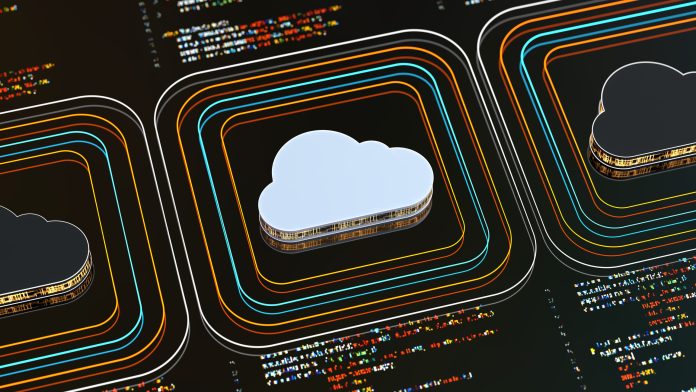Cloud-based payments: A lifeline for local authorities. As councils face increasing pressure to deliver efficient, secure services, many are turning to the cloud
As local authorities seek to integrate digital systems into their day-to-day operations, many are making the shift from on-site systems to cloud-based platforms. In this feature, Colin South, shared services finance manager at Three Rivers District Council and Watford Borough Council, explains how they managed the shift with their payment processes, while driving improvements to reporting, bolstering security measures and increasing flexibility for staff members.
Whether it’s the collection of council tax and business rates, or to enable citizens to pay for garden waste collections, payments are vital for the day-to-day running of local authorities.
At the same time, councils and other local government organisations face some unique challenges to provide a simple and convenient experience for local residents, while simplifying processes internally so finance teams can maintain the highest security standards and process payments efficiently.
Making the shift to cloud-based
When implemented effectively, cloud technology has a huge number of benefits to local authorities. Not only do off-site platforms have the potential to improve the speed of delivery and increase security, cloud-based services can open doors for further innovation.
At Three Rivers and Watford Council, the aim of delivering better digital services was certainly an important consideration as we planned our shift towards cloud-based systems, but we were also driven by more practical factors.
We had previously encountered accessibility challenges with our on-site server, with the support team often encountering difficulties providing assistance due to the location of our servers, meaning accessing servers for support became more complicated.
As well as accessibility challenges, our shift towards a cloud-based payments system enabled us to reduce the reliance on desktop installations, which impacted the flexibility around where staff could work.
Working remotely: Safely and securely
This flexibility was a major consideration for our shift towards a cloud-based system with Access PaySuite. Like businesses in the private sector, the pandemic signalled a major shift towards remote and hybrid working, which has become the norm across local government.
The LGC 2023 Confidence Survey revealed that the majority of workers were now spending two days or fewer in the office each week. There’s no doubt that staff appreciate the ability to choose the best environment for them to work remotely, while maintaining face-to-face contact with their teams when they base themselves from the office.
At the same time, when you consider the sensitivity of payment information and the potential implications of a data breach, it’s vital for local authorities to have the processes in place to offer flexibility to staff without compromising on security.
Working alongside Access PaySuite’s CallSecure+ with PCIPal solution, we have been able to allow staff to work remotely with the peace of mind that sensitive payment information is protected and the highest standards of security are maintained.
There’s no doubt that expectations around payments are evolving and people increasingly expect to have even more choice and convenience around when and where they pay for council-run services. At Three Rivers and Watford Council, the shift towards a cloud-based system has helped us to improve our payment processes, bolster our security measures and offer our staff greater flexibility.
Every council has its own unique requirements, so finding a solution which can be tailored to suit those needs is vital, as well as having the flexibility to adapt to potential upcoming changes.











